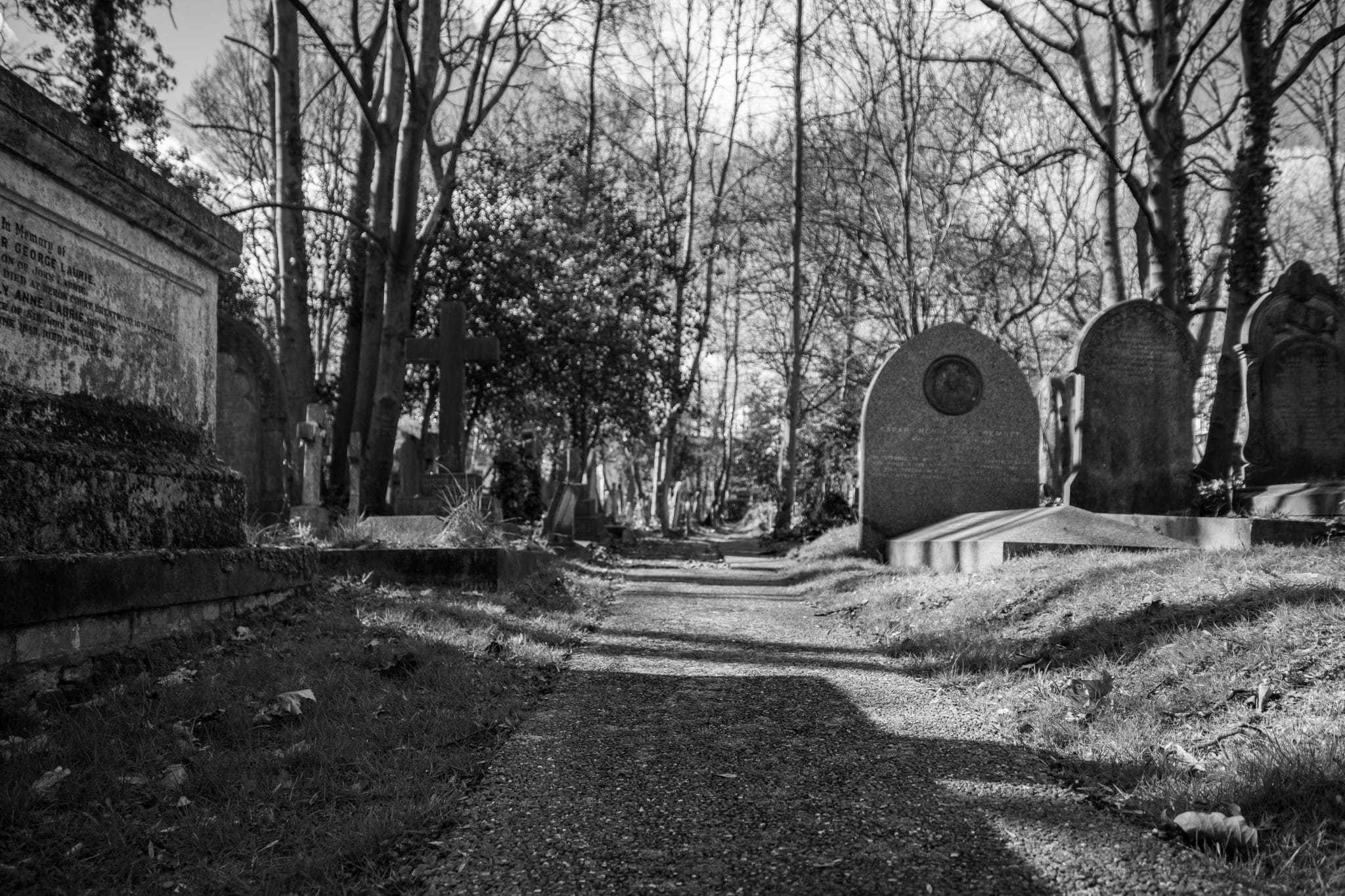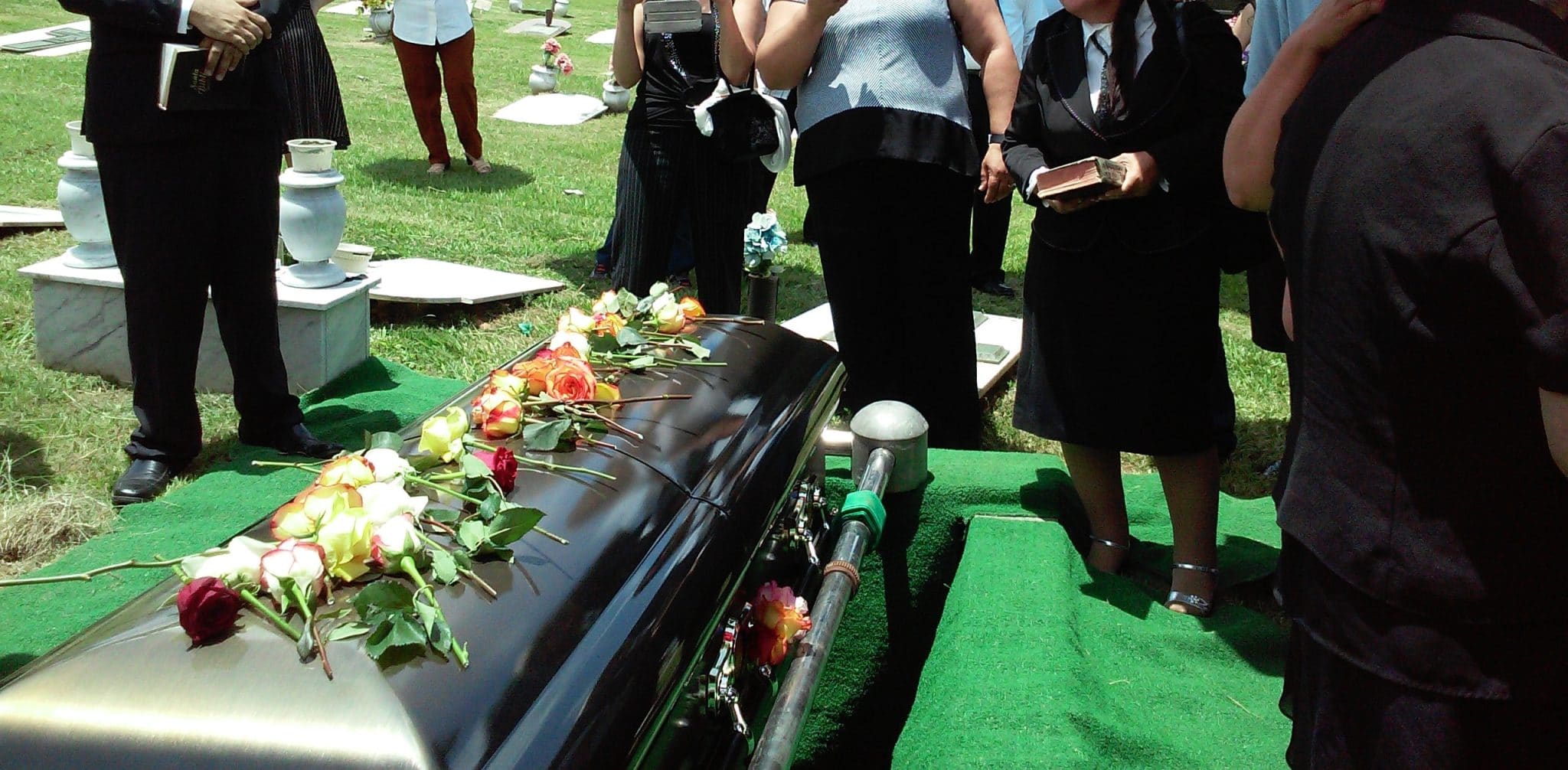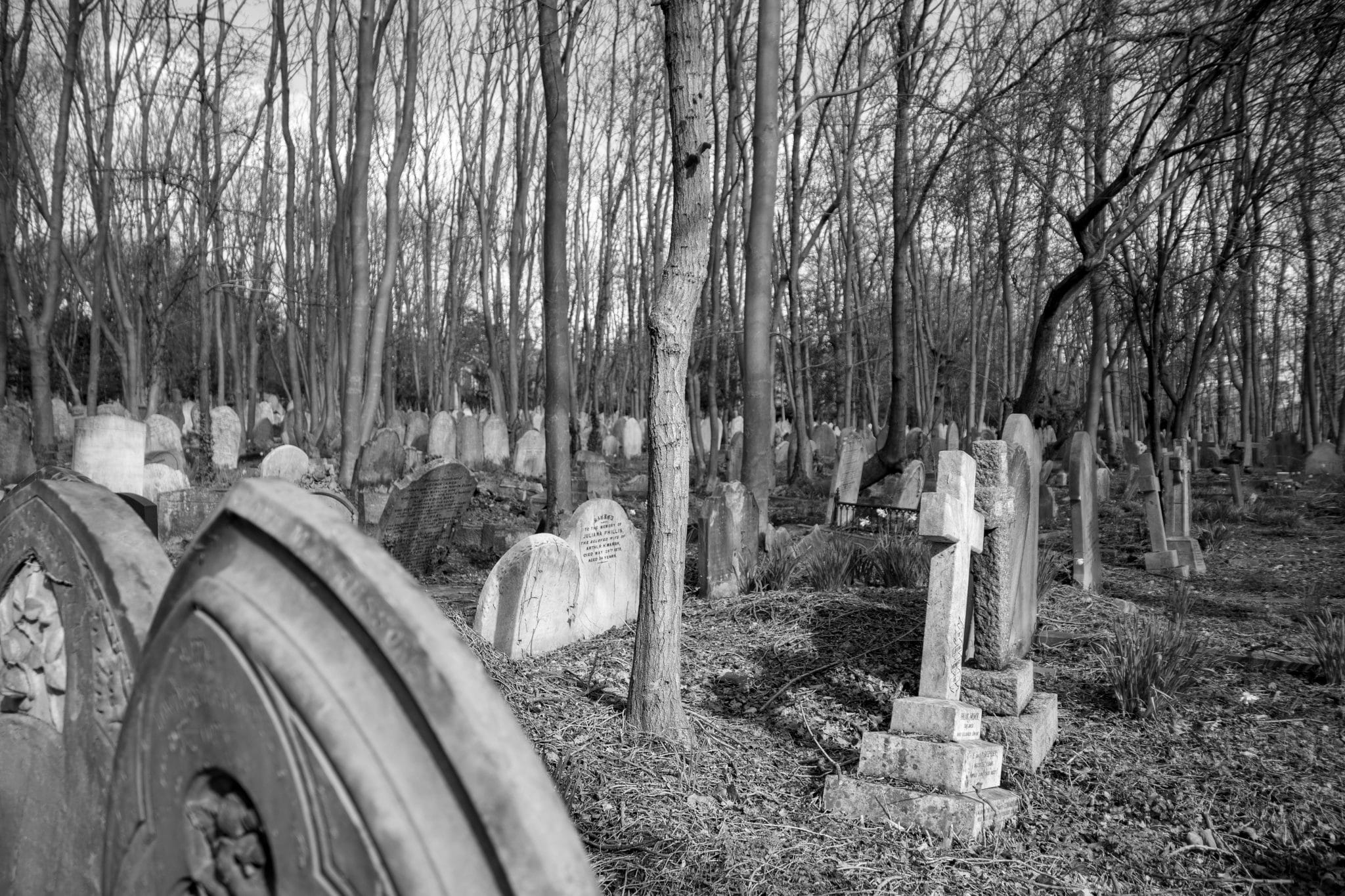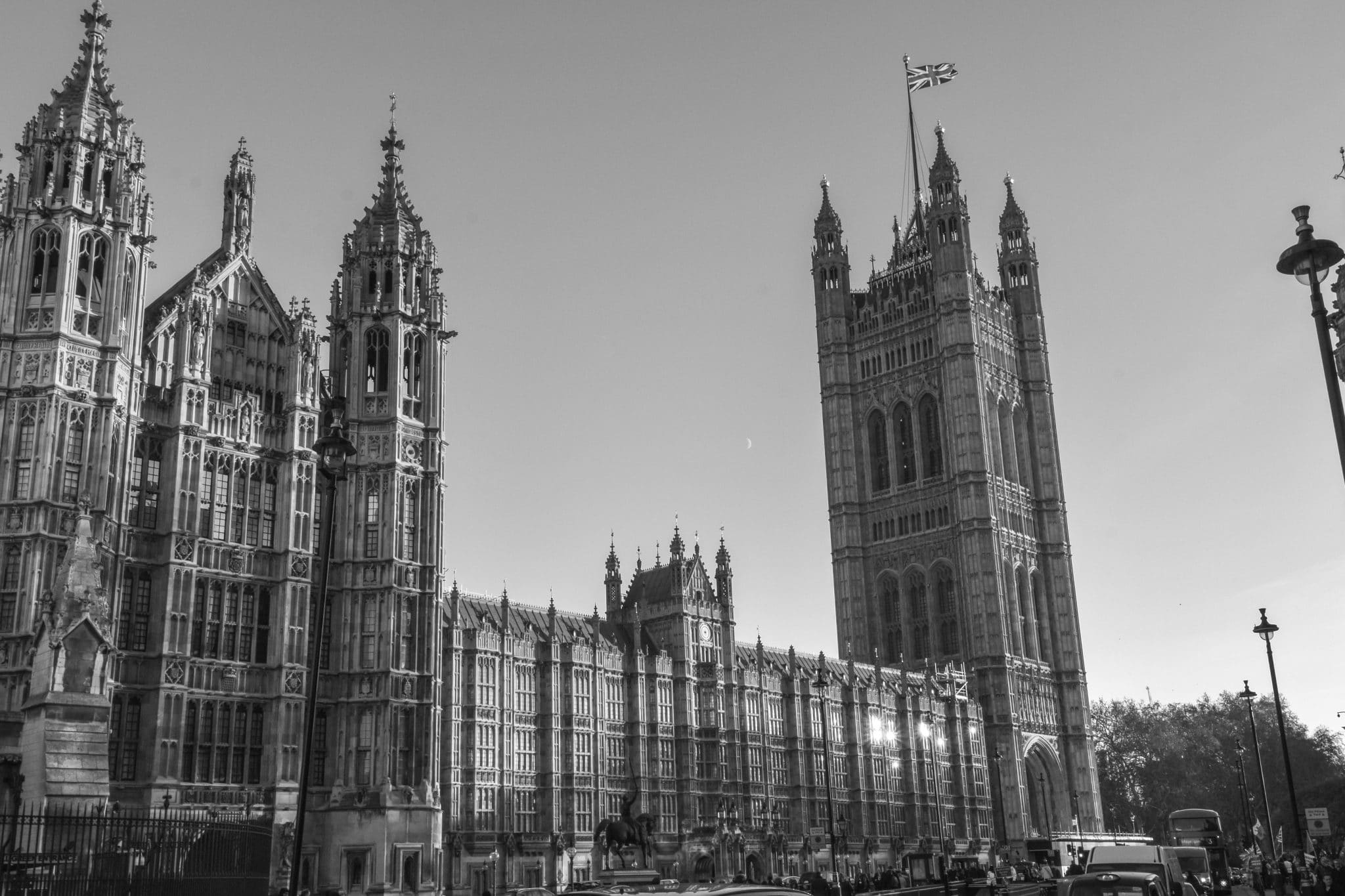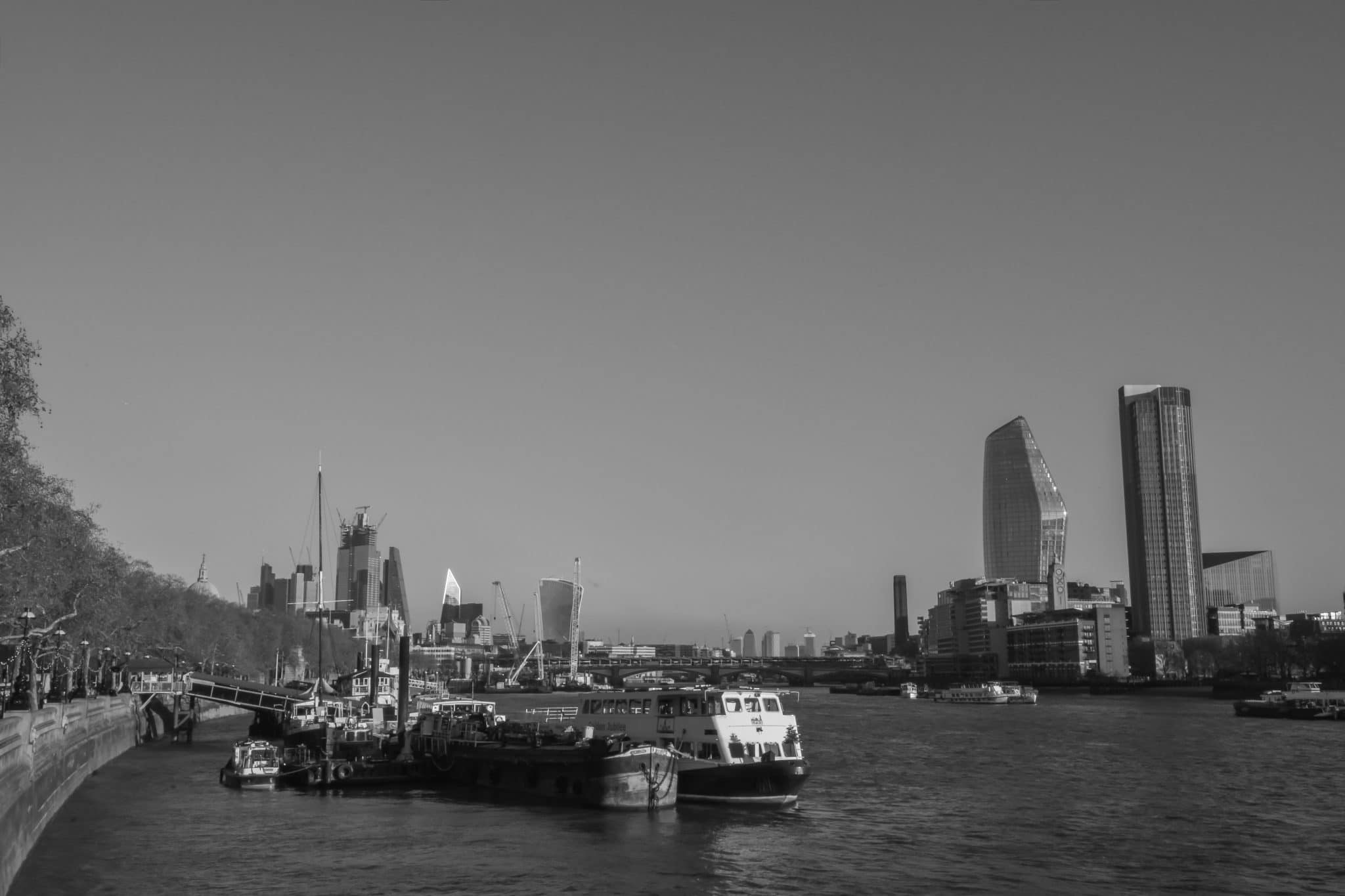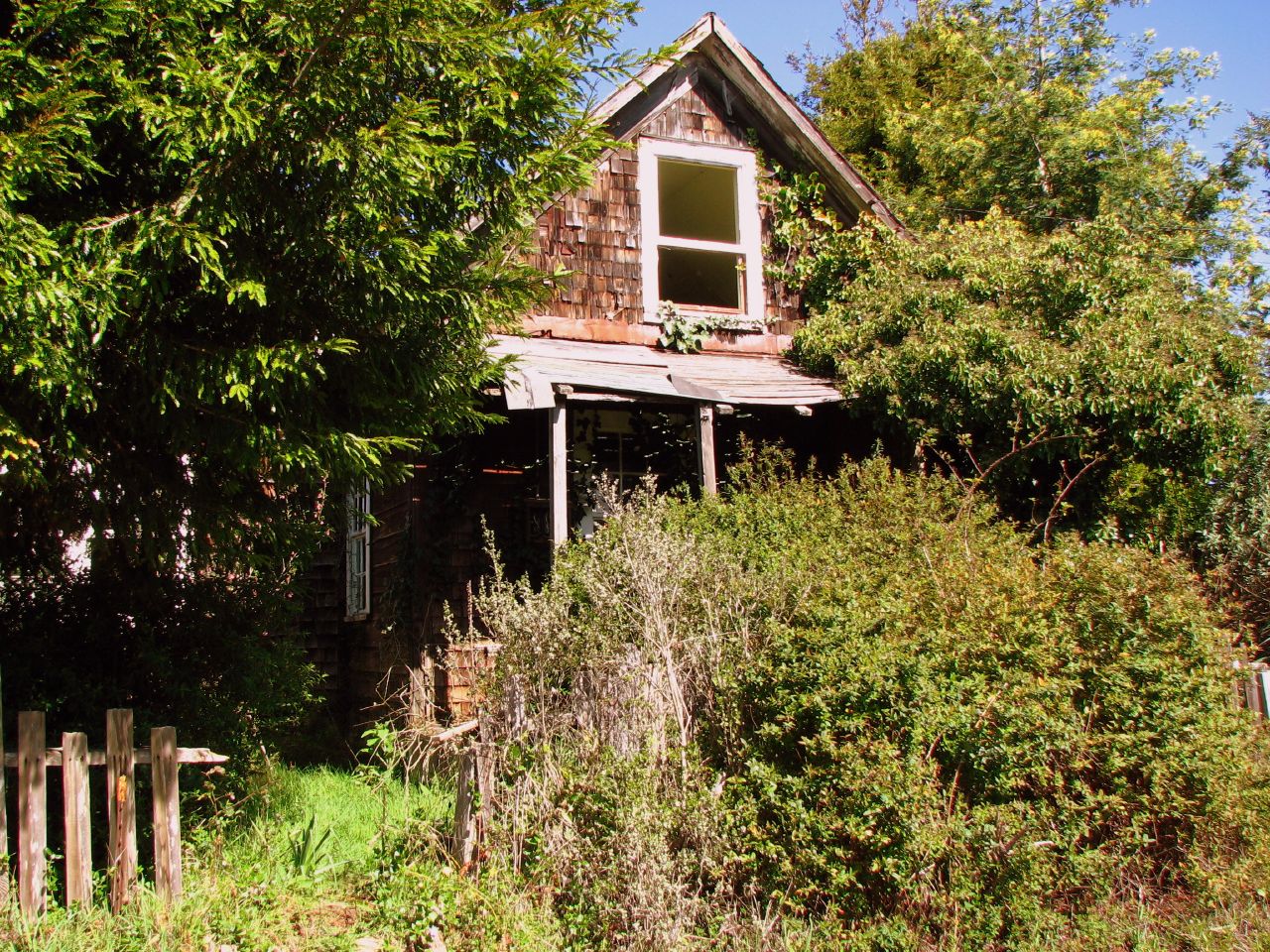BBC Kent Radio talks to our Dementia Champion
Our very own David Lockwood is invited on to BBC Radio Kent’s morning show again this week. This time to discuss his role as a Dementia Friends Champion and how he provides training via Finders International to clients and staff as well as those at this local football club.
Dementia friends, run by Alzheimer’s Society, is an initiative about understanding the condition and making our communities better places to live for those dealing with dementia.
David’s role as Dementia Friends Champion is to encourage others to make a positive difference to people living with dementia in their community. They do this by giving them information about the personal impact of dementia, and what they can do to help. If you and your team would like to become Dementia friends, you can book in a Dementia Friends session (a 45 min presentation) with David via the following email [email protected] . Otherwise, visit https://www.dementiafriends.org.uk/WEBArticle?page=become-dementia-friend for more information.
Government guidance issued on PHA Funerals
The Ministry for Housing, Communities and Local Government have published a good practice guidance for local authorities who have to deal with Public Health Funerals.
Whilst not being a statutory document, the guidance sets out standards that a local authority should adhere to when dealing with a deceased person who may require a Public Health Act Funeral.
The guidance was written and developed following feedback received from several local authorities and they are designed to “protect public health and are important in ensuring that all individuals are treated with dignity and respect, regardless of their circumstances.”
Some local authorities have been criticised by the media for policies applied to Public Health Act Funerals, for instance not allowing a service for the deceased.
Recommendations are that:
- councils act considerately
- make efforts to trace next of kin
- adhere to any known wishes of the deceased
- act in a transparent manner
- attempt to recoup their costs as far as possible.
David Lockwood, Finders International’s Public Sector Development Manager and former council officer responsible for Public Health Funerals, welcomed the publication saying that:
“the guidance is long overdue and will help local authorities understand their collective responsibilities to provide a dignified service for the deceased and will help guide policies to ensure a minimum standard is set by all councils.”
He went on to add: “I am pleased to see the guidance recognise the work undertaken by probate genealogists, such as Finders International, in this sensitive area; we already work with many local authorities providing a free service to trace next of kin.”
The guidance states that if using a genealogist: “it is important to carry out due diligence to help ensure satisfaction with the provider.” This should include looking at a company’s accreditations, who they work with, if they hold ISO standards, what their cyber security policy is and their membership of professional bodies.
The full guidance can be read and downloaded from Gov.uk here - https://www.gov.uk/government/publications/public-health-funerals-good-practice-guidance
The PHFIS is intended as a guide for local authorities and hospitals who deal with public health funerals. If you would like to learn more about the PHFIS or require assistance, you can visit our website here. Alternatively, you can telephone: +44(0) 20 7490 4935 or email: [email protected]
Costs of cremations ‘soar’—Daily Mail
The cost of cremations has soared, according to a Daily Mail article published earlier this month (July 2020).
The paper reports that two-thirds of councils have raised their prices by 16 percent, making the average cost £775 (up from £752), despite limited numbers being able to attend funerals because of social distancing due to the Covid-19 pandemic.
Funerals are no permitted in churches, but numbers are still limited to allow for social distancing.
‘Pauper’s funeral’
The average cost of cremation was £470 ten years ago. Some councils have reduced their prices, while a quarter of them have frozen what they charge. Quoting from the BBC, the Mail article focused on a widower who compared the lockdown funeral service for wife to a “pauper’s funeral”. Only five people were allowed to attend Neville Wilson’s wife Denise’s send-off after she died of lung cancer in March.
The funeral procession was hearse only with no floral tributes and the family needing to take their own cars to attend the ceremony. The ceremony took place in Coventry, run by the city council there, and was cut from the usual 45 minutes to 15 minutes but still charged at the same price. Mr Wilson said it had felt “unbelievably bad”.
He added that the funeral could not have been any worse “if we’d tried”. Following his experience, Mr Wilson investigated which councils were and weren’t freezing costs in light of reduced service, wondering why Coventry City Council wasn’t doing so.
Upset because they weren’t allowed to attend
He said his two sons were extremely angry because of the funeral service and his wife’s family had been upset because they weren’t allowed to attend.
Councils have defended the price rises, which were agreed before the pandemic, which has also made putting them on more expensive. Service times have needed to be cut so that deep cleaning can be carried out between the services, and this factor has increased costs further.
Down to Earth, a project attached to the charity Quaker Social Action that supports people struggling with funeral costs, condemned the price rises.
The group’s acting manager, Lindesay Mace, told the Daily Mail that the increases in cremation fees were as much as six, seven and even 10 percent in some places since last year. She added that those kid of prices rises were beyond the means of many people, especially because incomes hadn’t risen by nearly as much.
Julie Dunk, the chief executive of the Institute of Cemetery and Crematorium Management, said councils had needed to invest in environmentally friendly equipment.
Finders International runs a funeral subsidiary fund for Public Health Act funerals. Local authorities or NHS trusts can now ask us for a funeral fund subsidy payment towards the cost of such funerals. These will be cases where there are no known next of kin (rather than someone’s next of kin simply refusing to pay). For more information or to apply for a subsidy, simply contact us at [email protected] or call freephone 0800 085 8796.
Croydon Council supporting residents facing funeral poverty during COVID-19 crisis
In a recent article published in The Thornton Heath Chronicle, it was highlighted that Croydon Council announced as a response to the COVID-19 crisis that they will be reducing cremation costs for bereaved families within their borough facing funeral poverty. This reduction in direct cremation costs will withstand for the period of 10 weeks, assisting not only those facing funeral poverty, but further aiding the death management process within the borough.
Croydon has developed and trained 12 volunteer redeployees to assist with the increased demand for death registration. The online tool used to train volunteers has been developed by Croydon and is being shared pan-London and beyond. This increase in redeployed volunteers has increased capacity from 67 to 290 possible registrations per week.
The full list of announced implementations this month, designed to support Bereavement services can be found at: The Croydon Council Cabinet Meeting Agenda for the 11th May 2020.
The article also stated that in normal circumstances, Croydon council oversees around 300 burials annually. With no new graves available at cemetery sites, the council has had to offer the reuses of graves where no burial has occurred for at least 75 years, extending to circumstances where the grave is unvisited or neglected.
Croydon is the lead borough for the South London coronial area (made up of Croydon, Bromley, Bexley and Sutton) and is also a member of the London Mortality Planning Group that has established a mortality planning group for the south London area made up of representatives involved in the death management process.
Within their most recent cabinet meeting, the members will record its thanks to all frontline and support service staff who have continued to provide vital services across the borough. Such thanks extend to the organisations, staff and volunteers across Croydon, covering voluntary and community groups, including those contributing to bereavement services within the borough.
To find out more, visit: https://www.croydon.gov.uk/
The PHFIS is intended as a guide for local authorities and hospitals who deal with public health funerals. If you would like to learn more about the PHFIS or require assistance, you can visit our website here. Alternatively, you can telephone: +44(0) 20 7490 4935 or email: [email protected]
Funeral expenses payment rises
The amount of money that the Government will pay towards a funeral has risen from £700 to £1000 for claims made where the person has died after the 8th April. This change applies to England and Wales under Funeral Expenses Payments and in Northern Ireland as well.
The payment is made to help pay funeral costs, but will not cover all the costs incurred when making funeral arrangements. The amount paid depends on the individual claiming's circumstances and will also be reduced if the deceased had savings or left an estate. Claimants might still have to pay for some or most of the costs themselves.
A maximum of £120 can be paid where the deceased had a funeral plan but certain items weren't covered under that plan.
The money is paid to those who meet the eligibility criteria where the claimant is either partner, close relative or a close friend of the deceased and is in receipt of certain state benefits such as Universal Credit, Income Based Jobseekers Allowance, Pension Credit, Child Tax Credit etc.
The full list of benefits and details of how to claim can be found on the government’s website:
https://www.gov.uk/funeral-payments
For Scotland, the Funeral Expenses Payment has been replaced by Funeral Support Payment. Ths is a one-off payment from Social Security Scotland which helps cover the costs of a funeral for those on a low income. The payment is far more generous at a maximum of £1500.
To receive it, the claimant must normally live in Scotland and must get one of the applicable benefits. The Claimant must have accepted responsibility for paying for the funeral, and must be named on the funeral bill.
To find out more, visit the gov.scot website
For Northern Ireland, guidance and forms are available at the NI direct website
Coronavirus legislation implements swift changes
MP’s are to debate new legislation that will bring in a package of emergency measures to help tackle the coronavirus outbreak.
Whilst the legislation deals with a raft of proposals on public health grounds, medical provision and border controls, it also deals with the possible increase in mortality rates.
The legislation proposes significant changes to the way deaths are recorded, which includes the easing of requirements upon coroners to sign death certificates when other health practitioners aren’t available.
The proposed legislation will also allow funeral directors to register deaths on behalf of families if they are unable to make the arrangements due to being quarantined. Registrars will also be allowed to accept electronic copies of documents to carry out the registration.
The requirement for a second confirmatory medical certificate to be presented before a cremation takes place is to be removed to free up medical staff.
With regards to the “management” of deaths, local authorities will be allowed to streamline their services, which includes increasing the operating times for crematoriums and directing the movement of bodies. This will include co-opting forms not involved in the funeral sector to provide support where necessary.
The National Association of Funeral Directors report, on their website, that they support these changes to legislation, calling on the government to ensure that funeral service workers are key workers. They state that they “believe the legislation, combined with ongoing dialogue at both a national government and local resilience forum level, will enable the funeral profession to properly care…at a very difficult time”.
Some local authorities have already taken measures to protect the public and staff during the outbreak. Several crematoria, including Yeovil Crematorium run by South Somerset District Council, have suspended public facing services during the outbreak. Staff at the Yeovil site will still be operating services and responding to telephone calls and email enquiries, but waiting rooms, offices and chapels will be closed to the public. Cremations will still take place, but all public services will be suspended due to social distancing. Grounds will remain open to the public.
Cllr Peter Gubbins of South Somerset DC stated that “This has been an incredibly hard decision for us to make but the safety of the public and those that operate the site has to be our priority. The risks of continuing to hold public services at this time are too great and we will be working with local funeral directors to ensure they are fully informed. This is not something the council wants to do, nor takes lightly but, given the difficult circumstances, is a sensible course of action.”
Royal London finds funeral spend increasing
At a time when Local Authorities are under more scrutiny than ever before, the 2020 Public Health Act Funerals Conference is well placed to bring all parties together to discuss current provision, look at solutions and prepare for the future.
The recent Royal London report found that Local Authorities have spent in excess of £6.3m on on PHA funerals in the financial year up to March 2019.With one council, Birmingham, providing funerals for 387 residents in the year.
The report also highlights that there is no minimum standard for funerals provided. Royal London has called for the introduction of a minimum standard that allows families to attend a funeral and that ashes are returned to next of kin after a cremation, free of charge.
The Church of England General Synod will also be debating the matter and parliament have also made noises about change. The Government will increase the amount of the Funeral expenses payment in April from £700 to £1000. Whilst this is welcome, the amount paid still will not cover the cost of a basic funeral which means that the bereaved may have to turn to the Local Authority to provide a service.
David Lockwood, who runs the Public Health Funerals Information Service (PADSN) and organises the annual PHA Funeral Conference in association with Finders International said “I welcome the Royal London report and its call for a minimum standard”. He continued “it’s clear that staff work hard to provide a dignified service for the deceased, but they are put under financial constraints, a minimum standard will at least give them a framework they can follow. This will also end the postcode lottery meaning that the bereaved will know what they can expect.”
David is calling on all interested parties to attend the forthcoming PHA Funerals Conference at the Victoria Park Plaza Hotel on the 14th May. David stated that “it is an ideal opportunity for those seeking change to meet the Local Authority staff that provide the service, to see their compassion and commitment and to forge links to work together to improve the quality of service we give”.
Delegates can sign up now via the online form found here
DWP announce changes to funeral payments
The Department for Works and Pensions, DWP, announced today, 17th July 2019, that there will be changes made to the way it handles funeral expenses payments, which should help grieving families get help to meet funeral costs.
The press release states that "Previously, a Funeral Expense Payment claim could not be processed without a confirmed date for the funeral to take place, which could lead to longer waiting times for payments to be processed. Today we’re announcing a change, where families will now be able to make a claim with an estimated funeral date, providing that other key information is supplied."
It goes on to add "Recent improvements mean that instead of a final invoice – which is usually received after the funeral – families can instead supply a funeral director contract as an indication of funeral cost. This evidence can be submitted to the Bereavement Support team in advance of a funeral, therefore ensuring earlier access to financial support."
More can be read about the changes on the Governments website - DWP Funeral expenses changes
This change may help local authorities to assist families in making funeral arrangements instead of the Council having to take on those arrangements as a statutory funeral.
David Lockwood, Public Sector Development Manager from Finders International welcomed the move as long overdue and added "this is a positive step forwards but the case remains that many cannot afford a basic funeral for their loved ones and that duty is passed on to hard pressed local authorities, surely it is time for Government to consider a mandatory contribution to National Insurance that pays a sum of money towards a basic funeral for each person?"
Finders International support local authorities in cases where a person dies with no estate and no next of kin via their charitable Funeral Fund. This fund is only open to public authorities to claim fom. Details can be found on the Finders International website here.
Public Health Funerals - Property and Squatters
Several authorities have recently remarked about issues surrounding properties occupied by Squatters when having to undertake a Public Health Funeral.
Since 2012 it has been a criminal offence to squat in residential properties, with a fine of up to £5000 and a six month prison sentence being the maximum fine imposed. Squatting in a non residential property is not illegal, though it is a criminal offence to cause damage to that property.
Advice on the Government Website - Gov.uk - is that anyone who originally enters a property with the permission of the landlord/Owner is not a squatter. For example, if someone is renting a property and falls behind with rent payments they are not squatting if they continue to live there. Seperate legal action under housing legislation will need to be taken.
If a case has been referred to the Council and you go to search a property finding it is occupied you must establish if they have a tenancy agreement. If it transpires that they are squatters, you have the right to demand they leave. Usually a call to the Police for assistance to remove them can be made. Given how stretched the Police are, it may not be treated as a priority. You must not try to evict the squatters yourself, if they refuse to move you have a few options open to you. Apply for an interim possession order if it has been less than 28 days since they were discovered. An authorities legal department should be able to organise this. Once received it ust be served on squatters within 48 hours of being issued by the Court. Once an IPO has been served the individuals have 24 hours to vacate or face prison.
Unfortunately, properties can end up being left in a poor state, should you need help to clear and secure the team at Finders International can assist. For details you can visit the Finders International Website or speak to Finders Property Sales & Service Manager, Saida Abasheikh on 020 3859 4418.
PHA Funerals - "Unfit for purpose"
The legislation that gives local authorities the statutory powers to carry out funerals is not fit for purpose.
That’s what council officers told us at the second Finders International Public Health Act Funerals conference, which took place on 2nd May this year, and was attended by representatives of councils from all over England and Wales.
The legislation, which has been in place for more than thirty years, does not consider how attitudes have changed towards funerals in society and how we carry out funerals. Families are more fragmented and don’t necessarily feel obliged to make funeral arrangements for next of kin they may have had little or no contact with. Given recent rises in the amount of funerals undertaken by local authorities, it is only set to increase in the near future.
Minimum standards
Council officers at the conference felt that any reform should set out a minimum standard, although they could not agree on how this might be enforced. Some local authorities opt to cremate whilst others bury, but there is no standard practice. Should legislation make sure a deceased person’s wishes are adhered to (if they are known) and how would this be done?
As the Competition and Markets Authority is carrying out a review of the funeral industry in the wake of rising costs and is proposing a funerals regulator, perhaps the role of ensuring standards could be placed with them?
The majority thought that the word ‘paupers’ should not be used, with some officers reporting they found it to be offensive. Officers felt that the word does not show the deceased dignity and respect.
Little to no funding
Another point raised at the conference is that there is little or no funding within authorities for the provision of statutory funerals. Further discussions took place about a national funeral fund, with a radical suggestion that there should be a state grant paid from National Insurance contributions.
Certainly, everyone agreed that the Department of Work and Pensions (DWP) Social Fund is not fit for purpose, and a new way of state assistance needs to be found. The vast majority reported how difficult it is for people to claim and how little they receive to pay towards funerals from the DWP.
Staff have called for better awareness of their role by financial institutions. Once a person dies, GDPR does not apply to the deceased. Many officers reported their experiences where banks and other institutions make it extremely difficult for them to discover if the deceased left any assets.
Access to online accounts
They also said it was difficult to access the deceased’s emails and social media accounts, as sometimes emails and social media accounts can help officers trace families easily and quickly.
David Lockwood, Finders International Public Sector Development Manager and a former Public Health Act Funerals Officer, said: “It’s clear how dedicated council officers are in providing the best service possible despite the severe financial restrictions in place.
“These officers deserve the recognition for the service they provide to their communities and their continued dedication. We at Finders International do everything possible to support them with our free events and the advice we offer on our website, and we will continue to do so.”
Finders International has a funeral fund that can be used by public sector bodies to subsidise public health act funerals in cases that meet the criteria. Find out more about our service here.


